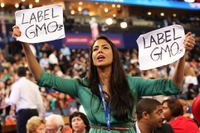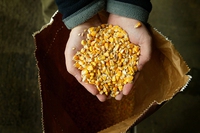
What is TTIP, the free trade agreement between the European Union and the United States
The Transatlantic Trade and Investment Partnership (TTIP) is a free trade agreement between the United States (US) and European Union (EU). The two countries have been negotiating – mostly in secret – since 2013, after more than a decade of preliminary talks. The treaty aims to create a common market to facilitate economic relations between








